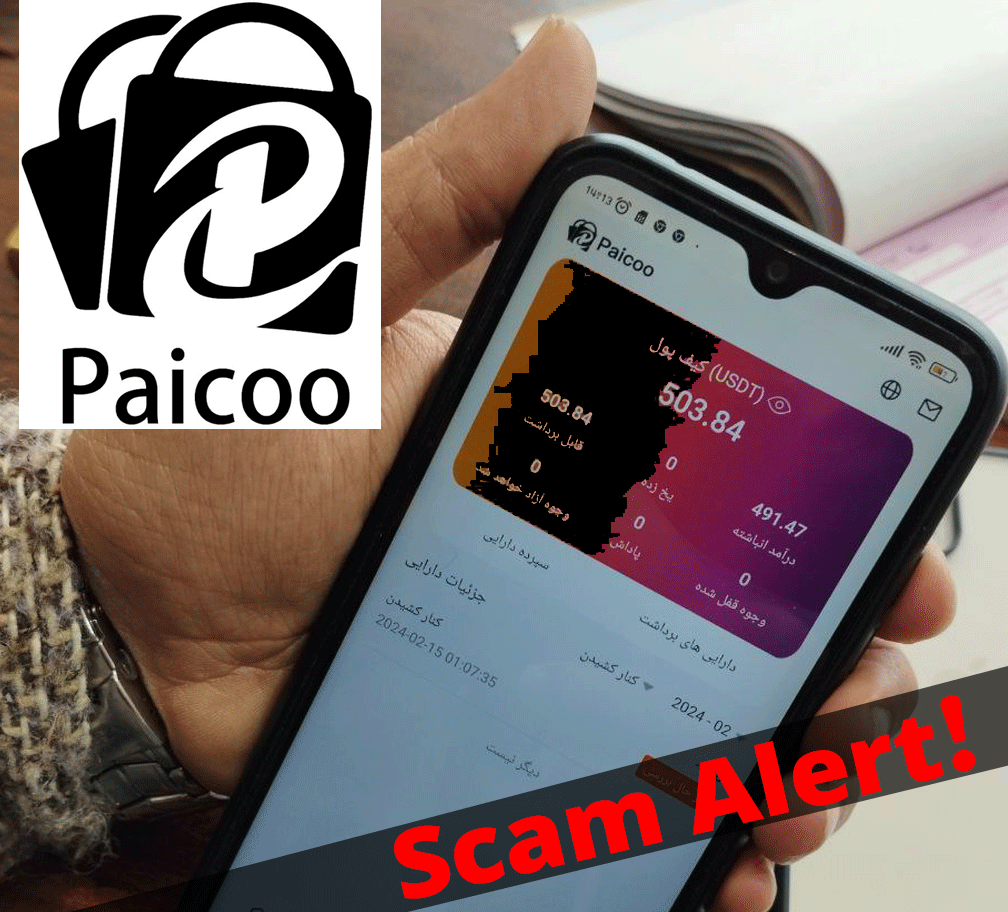
The company Paicoo, registered in Canada by an individual named Brandon Runyon, claims to offer a platform for e-commerce and uses intelligent order matching systems, aiming to attract traders and merchants to expand its market. In this endeavor, it pays out the network’s commission as profits to its users. (source–source–source–source)
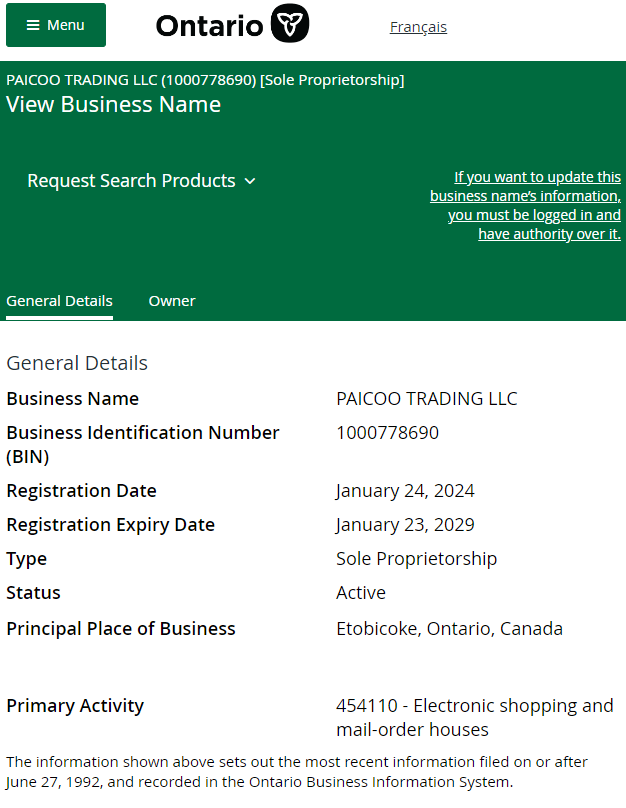
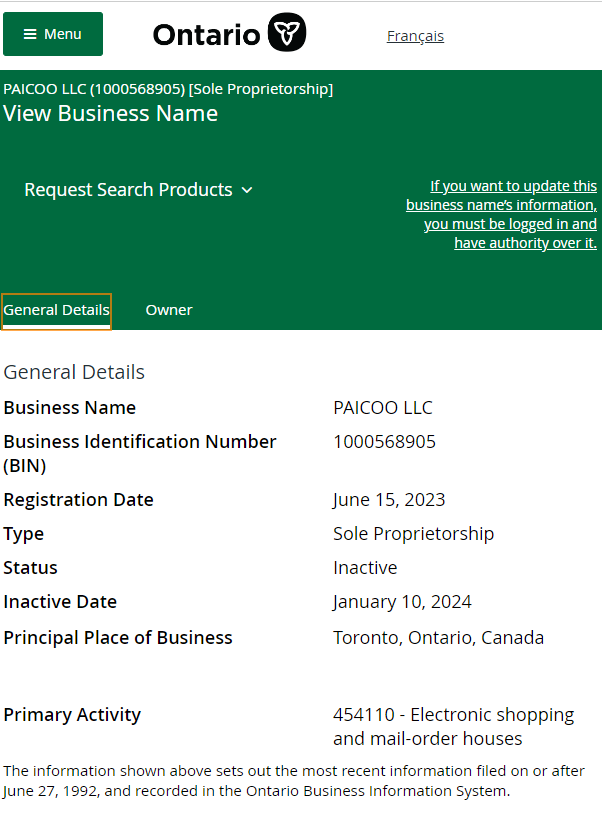
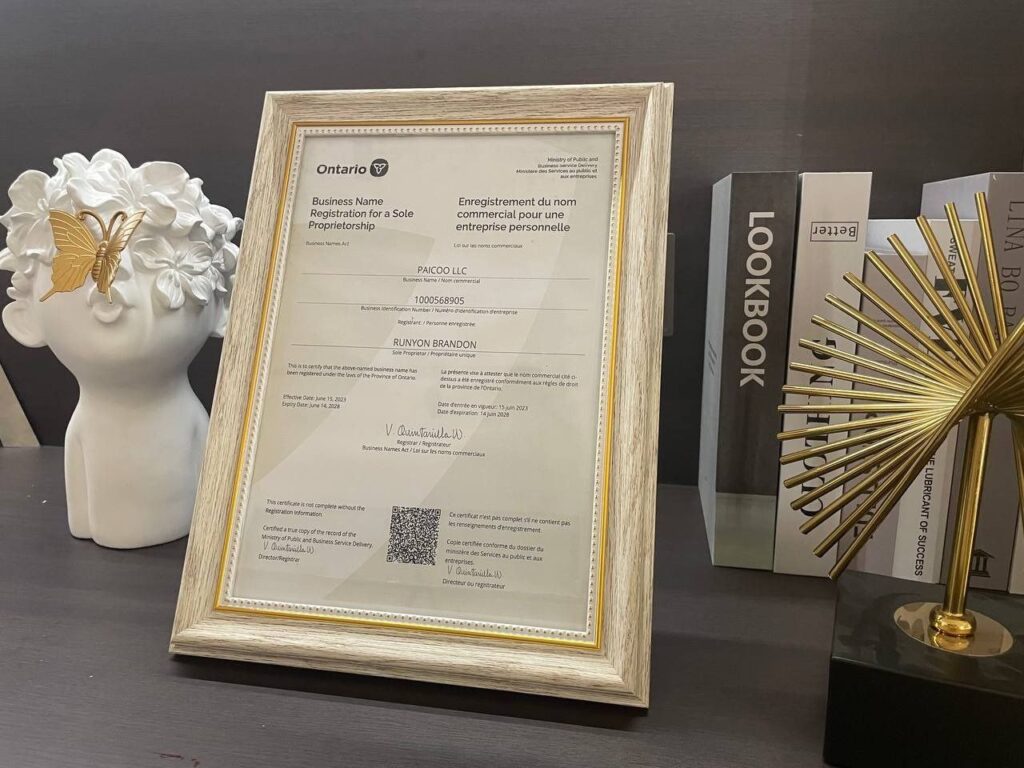
Registered Company Document
However, the business model of this company is consistent with pyramid schemes and Ponzi schemes, where individuals are encouraged to recruit new people into the system for increased profits. This model uses multiple commission levels, allowing members to earn varying percentages from the sales of their sub-teams. This structure can serve as a footprint for identifying a Ponzi scheme.
In Ponzi schemes, companies predominantly use the money brought into the system by new members to pay older members, instead of generating income through actual sales of products or services. This prompts individuals to strive for recruiting more people to receive higher commissions, which in turn creates a financial bubble that eventually collapses, harming the members at the lower end of the chain.
AI Analysis of Paicoo:
In this section, we utilized the Scam Minder service for a swift examination of Paicoo, which has correctly identified it as a scam. https://scamminder.com/websites/paicoo.com/
Warning Signs:
- Focus on New Member Recruitment: If a company emphasizes more on recruiting new members than on actual product sales, this can be a warning sign.
- Promises of High, Guaranteed Profits: Ponzi schemes often promise high and guaranteed returns that are usually unrealistic.
- Using New Members’ Capital to Pay Older Members: In a Ponzi scheme, money from new members is used to pay older ones, creating a false impression of profitability.
- Lack of Real Products or Services: Many Ponzi schemes lack real products or services, or they have products of little real value.
- Complexity and Lack of Transparency: Ponzi schemes often involve financial complexities and a lack of transparency in their structure and operations.
- Pressure to Stay in the System: Members may be pressured to stay in the system, being discouraged from exiting or selling their shares.
- Extensive Advertising: Utilization of widespread advertising focusing on luxury lifestyles and successful companies, which are nothing more than a registered number.
- Company Credibility: Registering a company in European and American countries, especially the UK, is quite simple and does not necessarily indicate the credibility of a company. Focusing on the company’s registration documents rather than its financial activities and the identity of its owners in the country where the company claims to be registered is a clear sign of credibility construction.
- Widespread Activity in Asian and African Countries: Contrary to documents indicating that these companies are registered in Western countries, all their advertisements and customers are in Asian and African countries. This suggests that the target market for these companies is countries with weaker economies and less public awareness compared to Western countries.



Based on the documents available, Paicoo, managed by Brandon Runyon, employs a multi-level commission structure in which merchants are encouraged to increase their income by expanding their order volume through inviting more people into their network. This structure may imply that individuals need to recruit new people into the system to earn more income. This characteristic can be one of the main signs of a Ponzi scheme.
Scope of Paicoo Network:
A brief investigation reveals that this network has expanded particularly in Asian and African countries, notably in Iran. In Iran, the province of Mazandaran has the most victims.
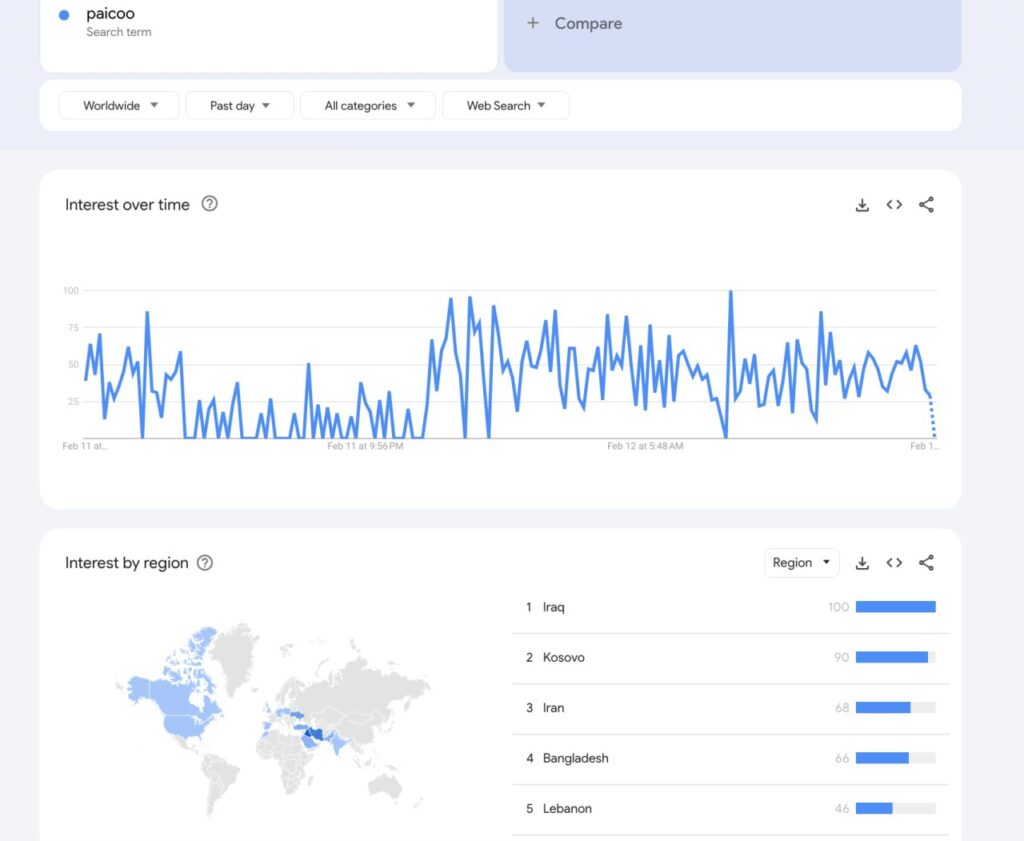
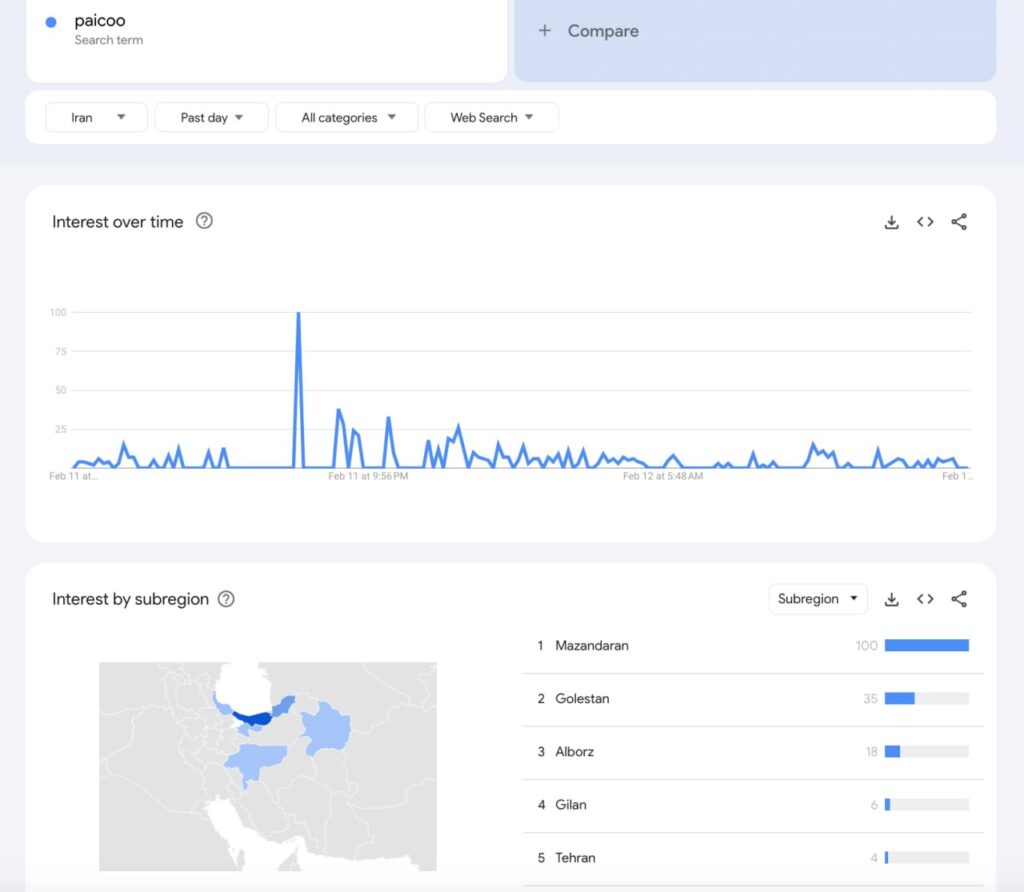
Investigation of Company Members’ Identities:
Despite the lack of accessible information about the individual who registered the company in Canada under the name RUNYON BRANDON, in a video titled “Paicoo 2023 Annual Summary Conference,” some individuals introduced as the company’s executives can be seen.
A simple investigation reveals that these individuals are not what they claim to be, and the video and subsequent news published about it (source) are fabricated.
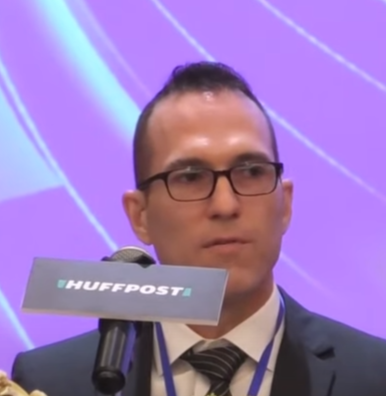
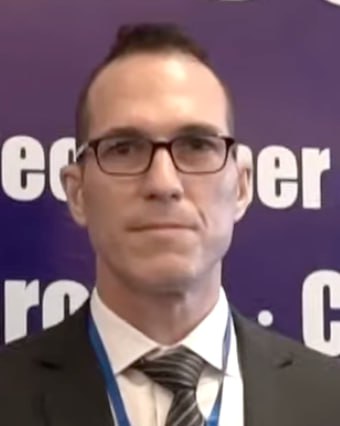
Searches based on the face of this individual lead us to a person named Richard in Bangkok, whose background includes acting, clothing promotion, teaching English, and participation in other blockchain scam projects. (source–source–source–source)
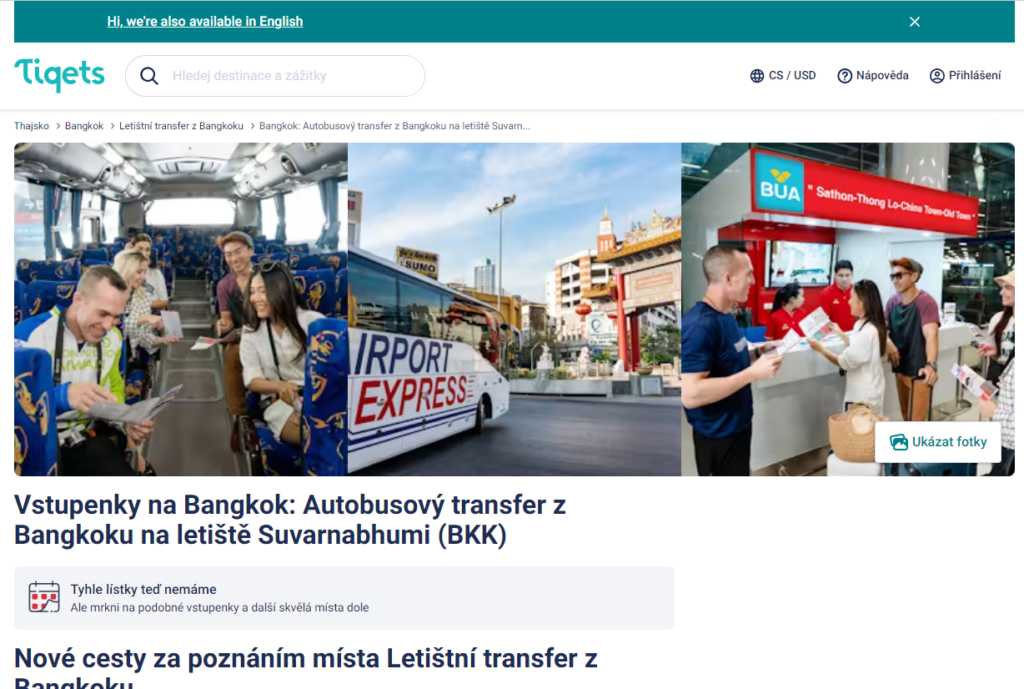
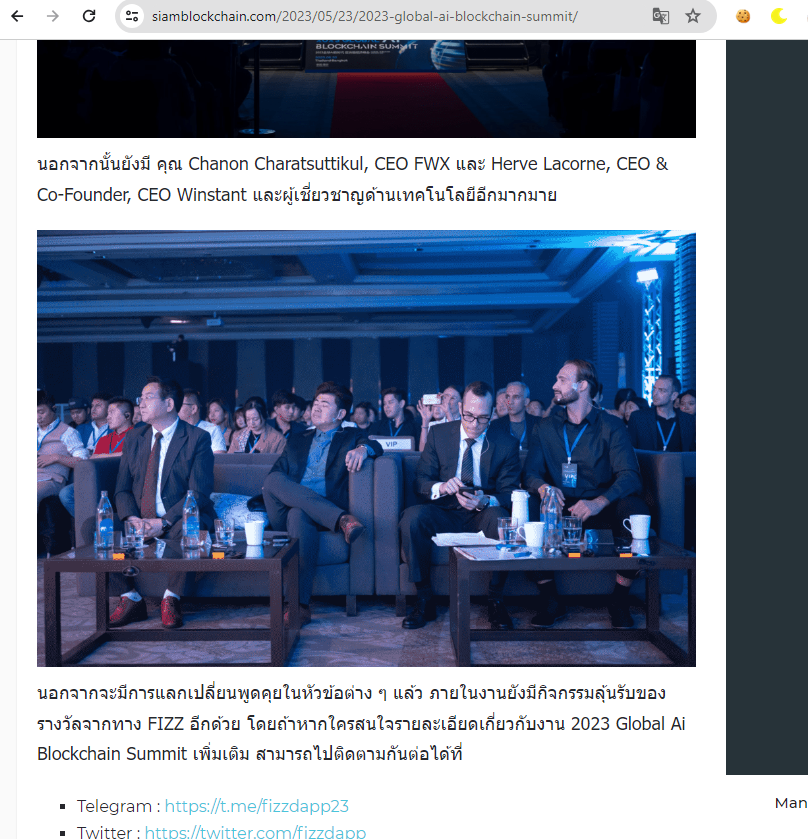
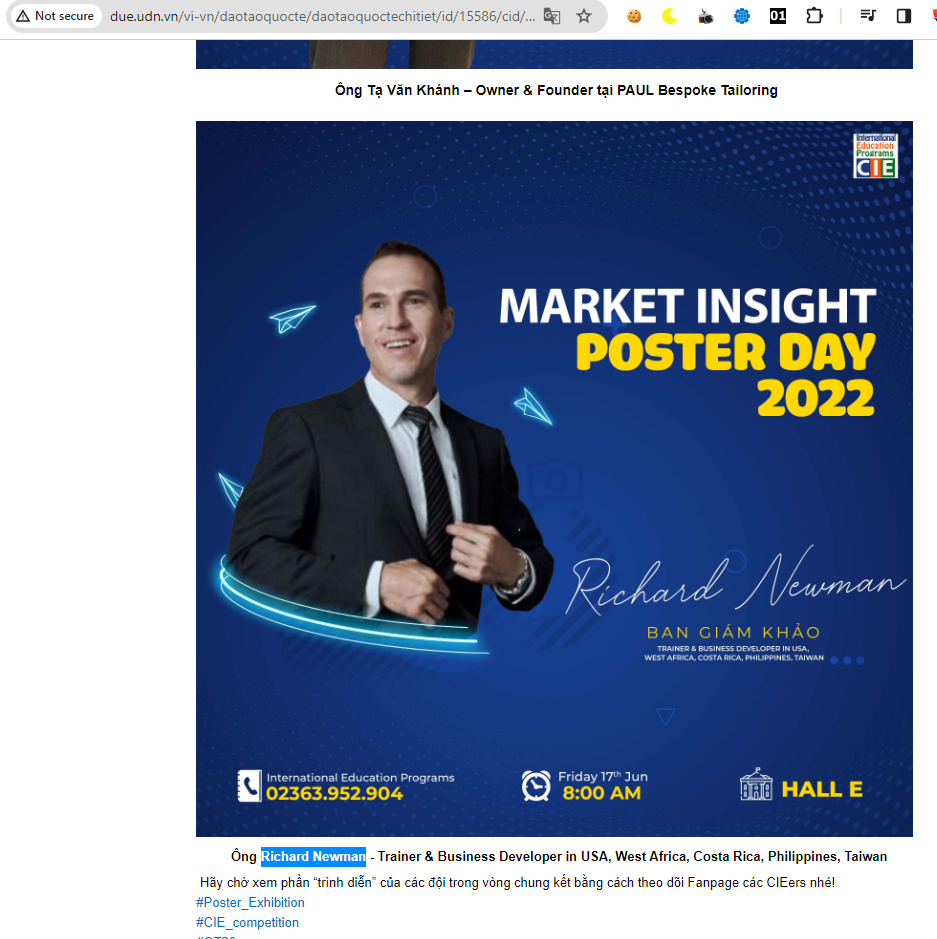
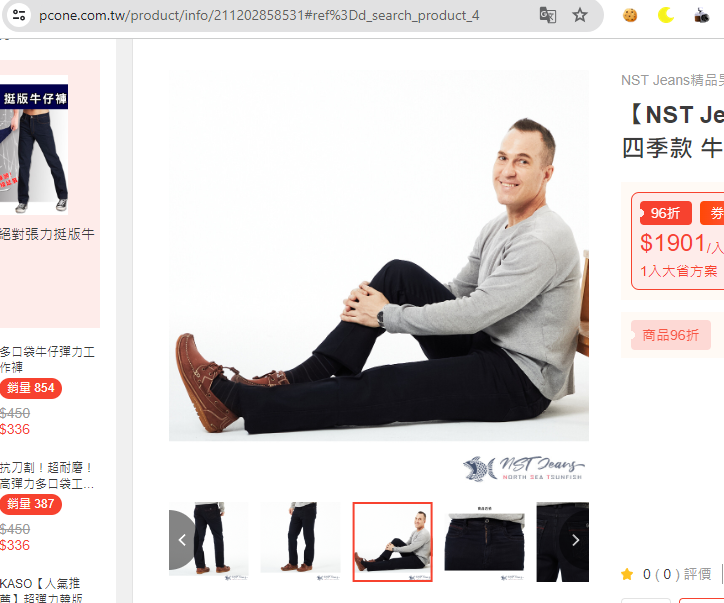
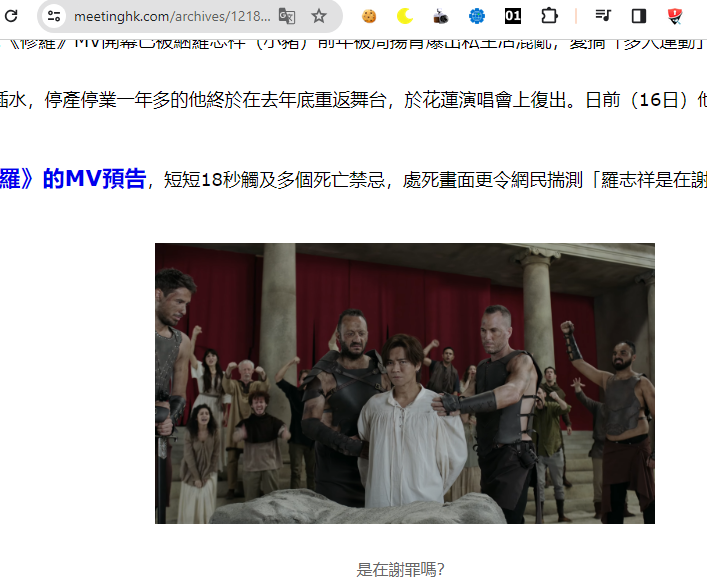
Investigation of Another Director of Paicoo:



A simple search leads to an individual named Jordon Shinn, who is an actor based in Bangkok, Thailand. Source – Source

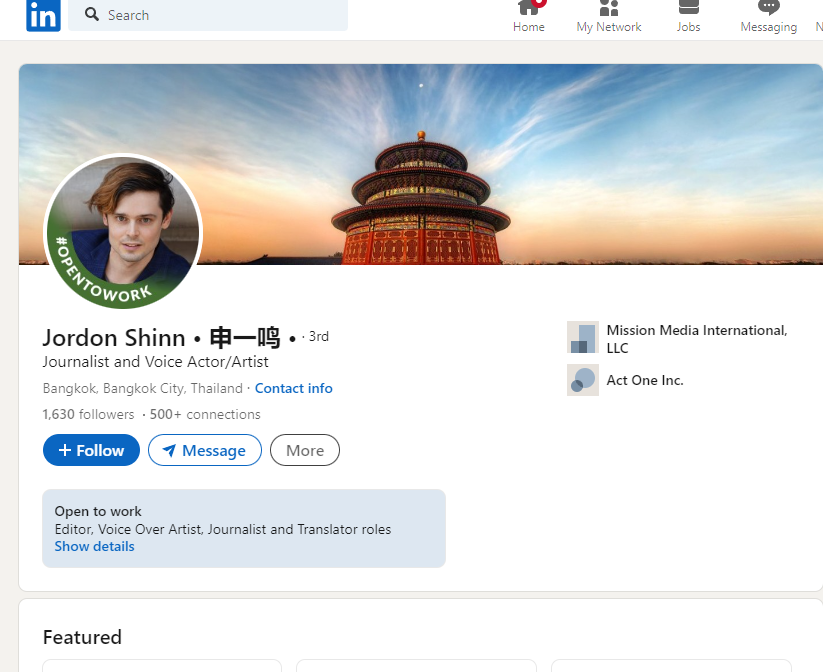
Investigation of Another Director of Paicoo:

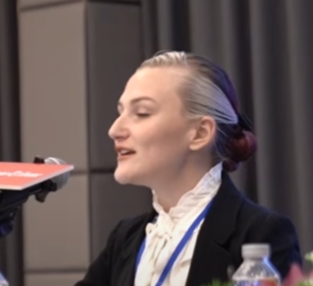

Regarding this person, we find a model in Bangkok: Source – Source


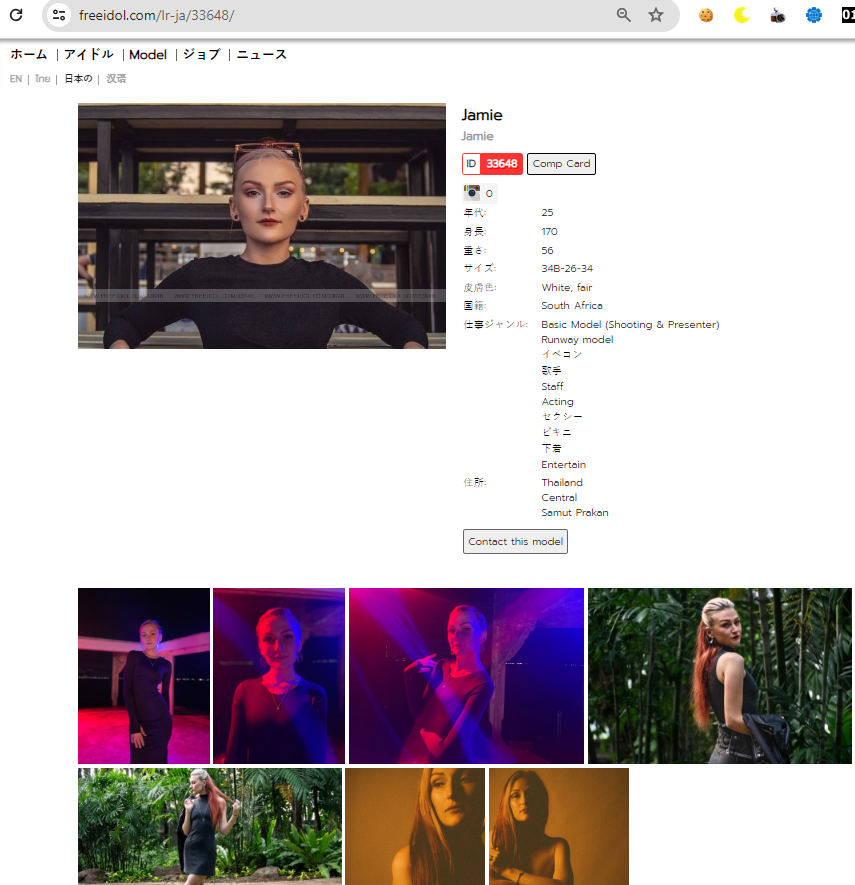
Investigation of Another Director of Paicoo:
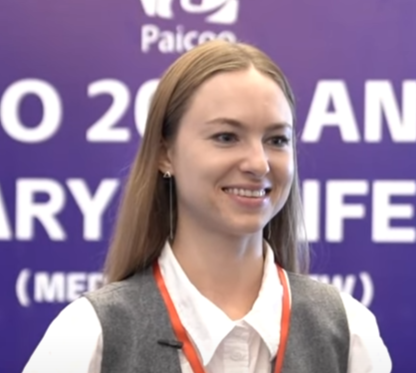
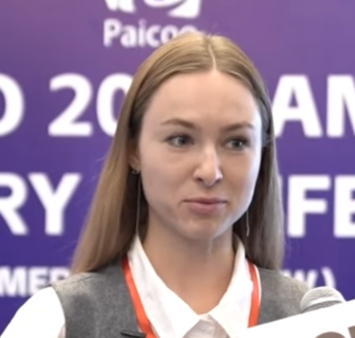
This individual is also an actor and model residing in Bangkok! Source – Source


Conclusion:
Based on the documents and analyses conducted, Paicoo and its business model appear to align with the known pattern of Ponzi schemes previously observed in Western Asia. These frauds, often executed under new and deceptive guises, repeatedly employ their repetitive patterns, unfortunately victimizing many people in various countries. The intricate networks of fraud behind these schemes exploit people’s trust and capital for profit, constantly adapting to conditions to continue their illegal activities. This underscores the importance of raising public awareness and education to prevent falling prey to such scams. Therefore, it is advised that individuals exercise greater caution regarding investment offers that follow similar patterns and conduct thorough research before any financial involvement to avoid being trapped in these types of frauds.
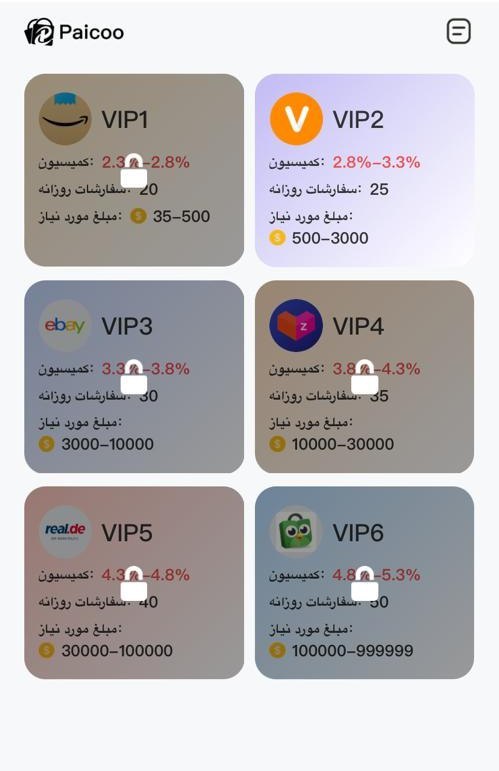
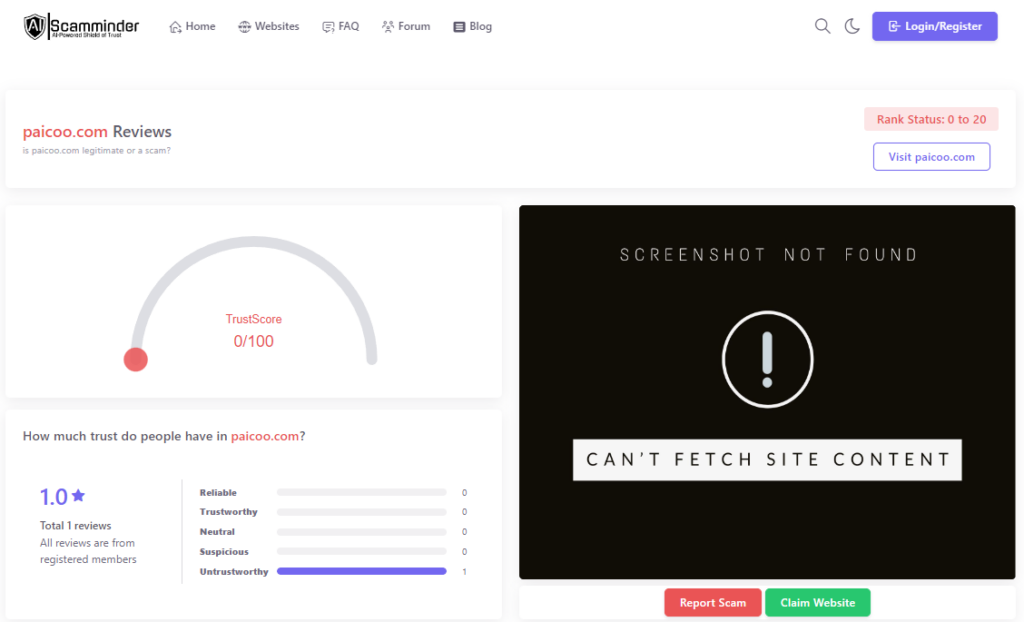
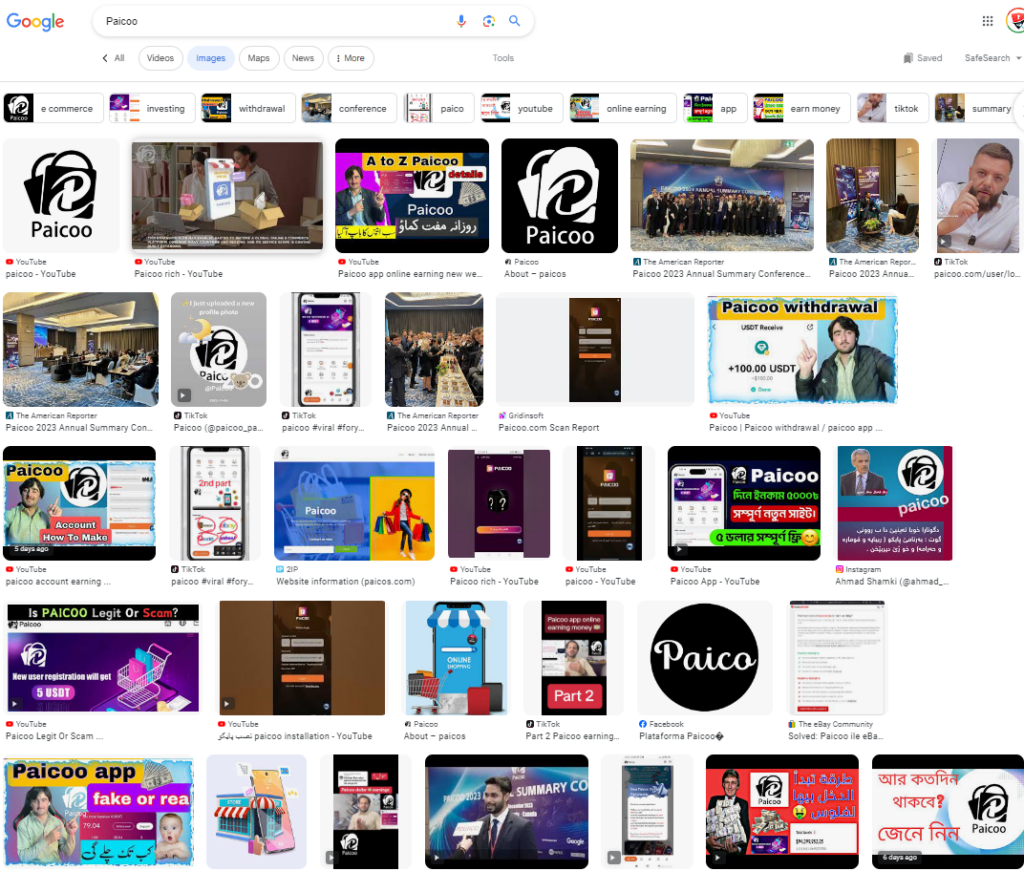




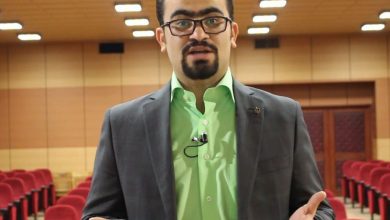
want to work part time